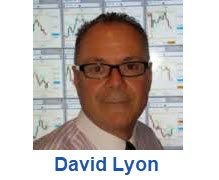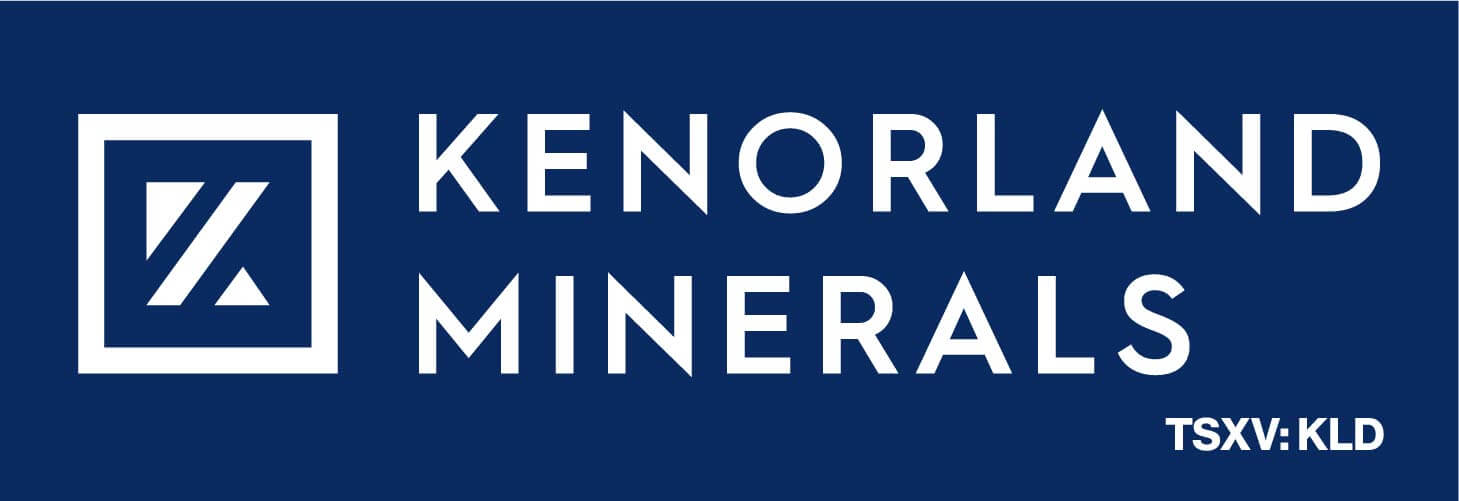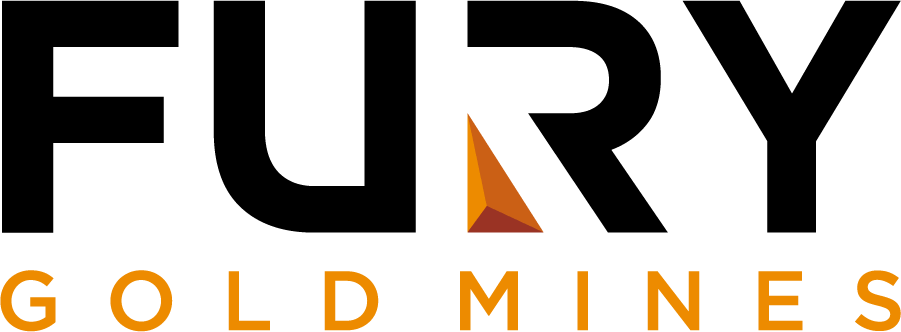David Lyon Podcast Quantitative Forex Trading & Risk Management

Sign up for my free trading newsletter so you don’t miss the next opportunity!
Welcome to the Technical Traders with David Lyon podcast. The show that brings you technically proven strategies and trade ideas from experts around the world. We’re going to help you make more money with less risk, so you can take your trading to the next level. Now here’s your host. Jim Goddard.
Jim Goddard: 00:00
My guest is David Lyon. He’s the CEO, founder, and managing director of research and trading for E-Algo.com. Welcome to the show, David.
David Lyon: 00:11
Thanks Jim. Glad to be here.
Jim Goddard: 00:13
David, can you just give us a little thumbnail about what exactly you do at E-Algo.com?
David Lyon: 00:19
Well at E-lgo, we look at all the different markets, commodities, stocks, ETFs, and so forth, but we’re really interested in what’s going on with the global money flow in the foreign exchange market. And of course the Forex market does more than trillion a day in daily volume. So it’s really a good indicator as far as what’s going on around the globe. And so I head up the quantitative research and trading, you know, analyzing the markets and putting the traits through and also overseeing all the risk management.
Jim Goddard: 00:59
How did you get started in trading or invest?
David Lyon: 01:03
Well I’ve been doing this for a while. I mean, it’s hard for me to say this, Jim, but I’ve actually been doing this for about 40 years and I got started as a kid. I grew up on a farm in Western Nebraska, a wheat farm and just being involved in the work with that and watching the price of wheat. And then I think when I was five years old, my parents bought me a calf and I started keeping track of the cattle market. You know, every spring I would go to the sale barn and buy calves and in the fall would sell them. And so starting with one calf, when I was five, by the age of 15, I had had grown that up to about 15 head of cattle. And I did the same thing with chickens at an early age; started with a hundred chickens, ended up with 2000 chickens.
David Lyon podcast : 01:53
And so that’s sort of how I got involved in the commodities aspect of things. And then it wasn’t until I was probably about 20 years old. I started looking at the actual markets, you know, precious metals and things of that nature due to a family friend. And so I got started in it, I think my first commodities trading account, I started with ,000 that I had saved up. And within 90 days or three months, I had tripled that to 21,000. And then I experienced my first Black Swan, which was the Russian grain embargo that came out of nowhere. And my 21,000 went to minus 1000 and that was my first hard lesson in leverage and risk management. And I considered myself fortunate because in that particular brokerage office, I saw a lot of people lose six figures or larger during the Russian grain embargo. So it’s been a process and those are the things that have helped me become what I am today with understanding gaming theory and risk management.
Jim Goddard: 03:02
Is there anybody you really admire or influenced you to become involved in the financial markets?
David Lyon: 03:10
Well, early on, like I say, I had, you know, that first experience was a painful experience. And so after going through that, I said, you know, I think I better learn more. I need to study this more and learn more about what I’m doing before I do this go any further with this. And so just from a common-sense standpoint, I thought, well where would I go to find out this information? And so I started studying reading a lot of books trying to find out all the different traders, you know, that were successful. And so early on in my career, I studied, you know, the mathematician WD Gann. So I I’ve studied Gann’s works, you know, for almost 40 years now. And of course, Elliot wave theory. And then of course, other things along the way, you know, with Bollinger bands and standard deviation really looked a lot at that vibration and [inaudible 00:04:07] and things of that nature.
David Lyon: 04:08
As far as the specific person, one of the things that’s really helped is the books, of course, that Jack Swagger came out with called the market wizards. And my copies are of course just worn out cover to cover. I even have my own version; electronic version of cliff notes of his books. And so in sort of studying all of those different traders, a lot of them have a lot of different styles and techniques. I put that all together, you know, the money management so forth with, you know, [inaudible 00:04:42] Bollinger bands on standard deviation and things of that nature, and just came up with my own style. And even some of the traders going back into the twenties and thirties, like GM Lobe. Is one of the guys I learned a lot from his writings about risk management. And you know, a lot of people talk about diversification. I know GM Lobe always said, Hey, take all your eggs and put ’em in one basket and then keep an eye on that basket because sometimes we can get over diversified. And then if a black Swan or some event hits the market we just don’t have enough time to manage our holdings or make changes. And so I tend to focus specifically on one or two markets at a time. And then that way I can really keep a tight handle on risk.
TheTechnicalTraders :
Did you miss the huge gains in growth and momentum stocks with your trading? Do you want to own the hottest stocks and sectors during the next stock market rally, the ban best asset now trading alert newsletter will let you know which stocks to own, including entry targets and protective stop prices; visit www.bantrader.com to learn more.
Jim Goddard: 05:33
What’s your trading philosophy? What set of principles, beliefs, or experiences drive your decisions?
David Lyon: 05:41
Well, because of living through and trading through many market events you know, like the crash of 1987 and of course more recently the drop that we had in 2007, 2009, and knowing how quickly things can go south. That’s really been the basis for a lot of my trading rules that I have now and the development of those you know, is through experience. And so in my trading that I do for myself and a few friends and family, is I always use a stop. So I always know where I’m gonna get out, reassess things. And then I try to manage my expectations. And so I try not to, you know, obviously this is customizable, but I try not to exceed over an annualized basis, a 10% draw down. And I look to make about a 30 to 40% rate of return because the draw down really has a big impact as far as how fast you can come back and make money.
David Lyon podcast: 06:45
So the shallower, the draw down that you can keep it to the better your chances are of course, to generate a great return for the year. And so in doing that, Jim, what I do is on a trade by trade basis I typically will not risk more than 1% on any particular trade. And many times the risk is actually 0.5% of my portfolio. So I’ve got a proprietary, you know, Excel calculator that I use and I plug in my account balance and you know, my stop loss that I’m going to use and I calculate it out. And that actually gives me my position size then to be able to do that consistent position sizing every time.
Jim Goddard: 07:59
David, what’s your favorite type of analysis or indicator you find helpful when you make your trades or investments?
David Lyon podcast: 08:09
Well I have a lot of different things that I use, but one of the things that I really do like is the Bollinger band. I know it’s a very common indicator, but there’s so much that you can do with it. I mean, you can use multiple bands for instance and you can use on any particular timeframe that you want. So the standard for the Bollinger is a 20 period with a 2.0 standard deviation. But what I do is I take that into different realm based on like I say Gann mathematics and [inaudible 00:08:45] and so forth. And so I, I utilize a Bollinger maybe, you know, like on a daily chart. I might look at you know, instead of setting it on 20 days, I set it on like 60 days, which of course is three months or one quarter.
David Lyon podcast: 09:00
And then instead of using a 2.0 standard deviation, I’ll probably use like a Fibonacci number, like a 1.618 or a 2.618. And then that gives me a pretty good idea where the market is moving up or down, you know, if the trend is a bull or a bear market. And then what I tend to do with that indicator is I will look with my other indicators and other tools that I use I’ll look to, if it’s an up market, I’ll look to buy when the market retraces or goes to the bottom of the band or if it’s a down market, I’ll look for the market to rally up to the bands and then I will sell, you know, short. And so I really like that particular indicator, Jim,
Jim Goddard: 09:44
David, what is something you wish you would’ve known before you started trading and investing?
David Lyon podcast: 09:50
Well? there’s a lot of things about trading and investing that are not in books. And of course a lot of it is personal because what might be best for me may not be necessarily best for you. But I think the thing that applies to all of us is just really understanding the emotional part of the trading and then understanding the risk management. So early on, if there was some way other than having to live the experiences and some of the painful experiences early on, it would’ve been nice to just understand that being a successful investor trader is more than just using an indicator or using a system strategy. That really the biggest part of the battle is just having a system or a plan in place to manage the risk, manage the exposu.re to your portfolio. And then that allows you to control your emotion.
David Lyon podcast: 10:51
Trading, as a friend of mine taught me, you know, trading is all about mathematics and, and it’s not complicated mathematics, but you need to run the math and decide at what level are you, are you satisfied with trading? And so trading can either be as risky as you want it to be, and as exciting as you want it to be, or it can be downright boring depending on what your personality style is. And so you just calculate out the math and that’s something that I learned over time that I could control the process and not let the process control me. And then of course, the other thing I was thinking about too, is that there’s a lot of wisdom, and as they say, keeping your powder dry. So the beautiful thing about the markets too, is that you don’t always have to be doing something every day. There’re many times where it’s actually wise to just keep some of your capital, you know, waiting in the wings for the right opportunity when everything comes together, where you have a high probability trade and then implement that capital. So a lot of what I needed to learn or wish I could have learned earlier was that patience and just how to utilize that, all of those things to my advantage.
Jim Goddard: 12:08
David, thank you so much for chatting with us.
David Lyon podcast: 12:11
Thank you, Jim. I, I enjoy
Jim Goddard: 12:13
My guest has been David Lyon, CEO, founder, and managing director of research and trading for E-Algo.com.
If you found value in our show, subscribe and give us a rating or share it with a friend that would be greatly appreciated as well.
TheTechnicalTraders.com your source for technically proven strategies.
The technical trader’s podcast or an expression of opinion only, and should not be construed as investment advice or recommendations to buy or sell any financial instrument. This information is for general information and educational purposes. Only guests on the show are not compensated for their participation to view our full disclaimer, visit our website: www.TheTechnicalTraders.com
David Lyon Podcast Video
The post David Lyon Podcast Quantitative Forex Trading & Risk Management appeared first on Technical Traders Ltd..





